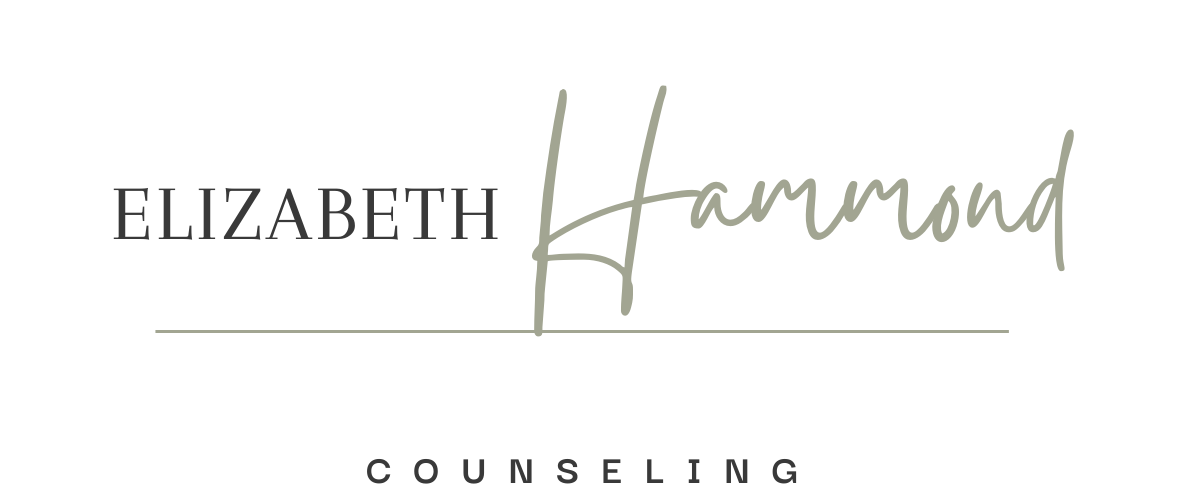Has this ever happened to you?
You’re sitting across from a friend, trying to explain your experience. You’re talking about a religious book or television series, explaining why you weren’t allowed to watch certain movies or play with certain toys, or trying to describe some of the things your religious leaders said. You are met with blank stares and confusion. You want to feel connected and understood, but talking about your religious upbringing makes you feel more isolated and alone.
Maybe you…
Have experienced harmful or confusing religious messages, whether from a conservative background or specific church community, leaving you feeling guilty, unworthy, or anxious.
Regret past beliefs, struggling to reconcile them with your current faith, yet wishing to hold onto them without shame or confusion.
Are noticing that you’re struggling in your relationship with your body and food. Strict church ideas about appearance or dietary rules led to an unhealthy dynamic that you don’t know how to process.
You feel disconnected from your body, or even completely numb.
I understand because I’ve been there. You want to talk about your experiences without having to present a PowerPoint just so your therapist can understand the language, beliefs, and culture of a Christian religious upbringing.
How I can help
I also understand that even if your religious community didn’t seem conservative, it’s still possible that your community caused you harm. I’m ready to listen with an empathetic ear and help you heal.
Talking about religious trauma means centering your unique experience and journey while also placing it in context. While understanding that you are an individual who will heal in your own way, it’s important to understand that you are not alone, and many others are feeling and experiencing exactly what you are.
Frequently Asked Questions
-
There is a strong connection between trauma and eating disorders because trauma leads to disconnection. However, I have found in my practice that many who experience religious trauma have unique beliefs about food that stem from their religious upbringing. While this looks different based on individual experiences, some of my clients express fear of being “gluttonous” in their recovery. Some people assigned female at birth received messages about what their bodies should look like and felt pressure to be small to appear more feminine. In addition to restoring their connection to themselves, therapy involves examining, unpacking, and challenging these beliefs.
-
Absolutely. I was raised in the Evangelical Lutheran Church of America and later was affiliated with Roman Catholicism. I also earned my Bachelor of Arts in Theology and Religious Studies before pursuing my Masters in Social Work. Like many people raised in Christianity, the journey in and out of different communities was not linear. I now identify as “spiritually private.” When working with clients, I share my own experiences only when it serves to strengthen the therapeutic relationship and create a sense of shared understanding.
-
I have found that my clients have been exposed to similar teachings regardless of denomination, but there are, of course, differences between communities. What is most important is listening to an individual client’s experience and centering their own story so they can make meaning of their experiences and heal.
-
Yes, but I likely will not have the same background and context I would have working with a client raised in a Christian community.
-
Completely leaving your faith is not necessary to heal. Each individual has different values, goals, and needs in healing. In our sessions, we will talk about setting boundaries, questioning beliefs and messages with a critical eye, and developing an internal sense of wisdom. None of this precludes practicing any faith, and I will support you in practicing Christianity if this is your wish.


